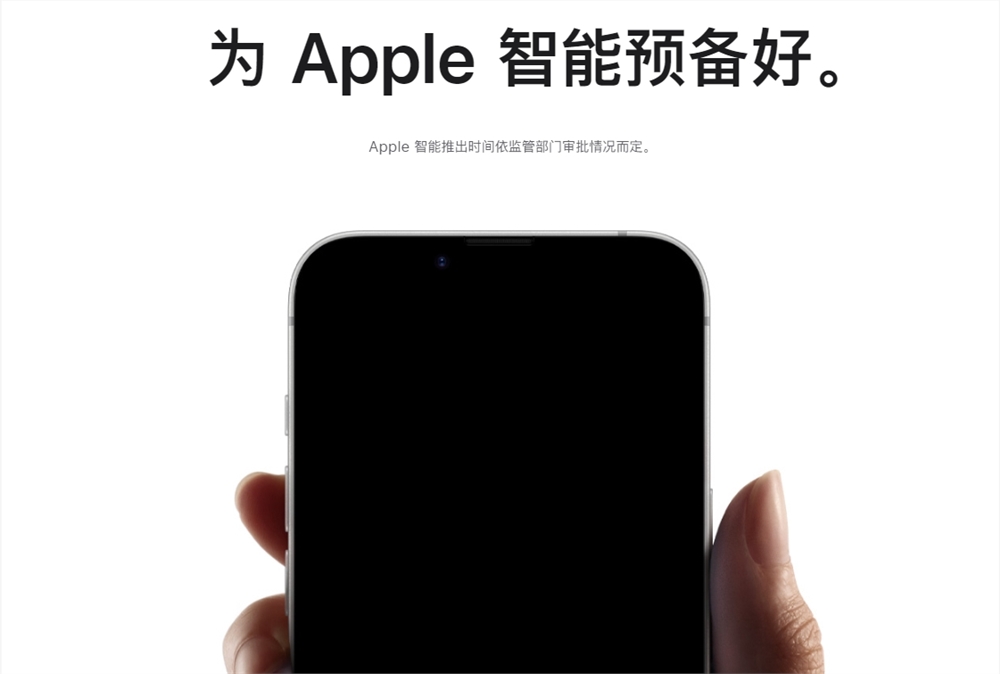Apple's China iOS 18.6 to Feature AI Powered by Baidu, Alibaba
Apple is set to introduce artificial intelligence capabilities in its China-specific iOS 18.6 update through partnerships with Chinese tech giants Baidu and Alibaba. According to reports from Apple insider Mark Gurman, this collaboration represents a significant step in Apple's AI strategy for the Chinese market.
Strategic Partnerships Drive AI Integration Alibaba will develop the review engine for Apple's AI features, while Baidu takes on a more comprehensive role. The search giant will integrate its AI technology with Apple's Siri and Visual Intelligence systems, handling both conversational interactions and search functionalities.

Baidu's AI Advancements The timing aligns with Baidu's recent launch of its Wenxin Large Model 4.5 Turbo and X1 Turbo systems. The X1 Turbo model, specifically designed for deep reasoning tasks, has demonstrated superior performance in benchmark tests against competitors like DeepSeek R1 and V3. Notably, Baidu claims its solution offers comparable performance at just 25% of DeepSeek R1's operating costs.
Revitalizing iPhone Sales This AI rollout comes at a critical juncture for Apple in China. With iPhone shipments showing concerning declines, the company is banking on these new intelligent features to reinvigorate consumer interest. The localized approach—partnering with established Chinese tech firms rather than deploying global solutions—demonstrates Apple's adaptive strategy for the competitive Chinese smartphone market.
Industry analysts suggest these AI capabilities could become a key differentiator for iPhones in China, where domestic brands like Huawei have been gaining market share with their own advanced features.
Key Points
- Apple's iOS 18.6 in China will feature AI developed with Baidu and Alibaba
- Baidu will power Siri and Visual Intelligence functions while Alibaba handles content review
- The launch coincides with Baidu's new Wenxin Turbo AI models showing competitive performance
- This strategic move aims to counter declining iPhone sales in the Chinese market